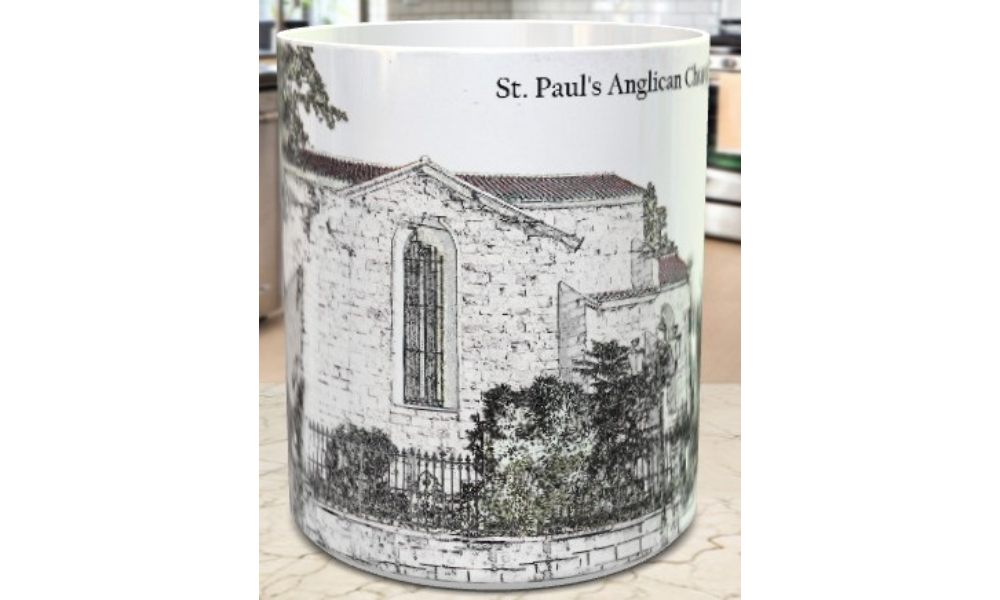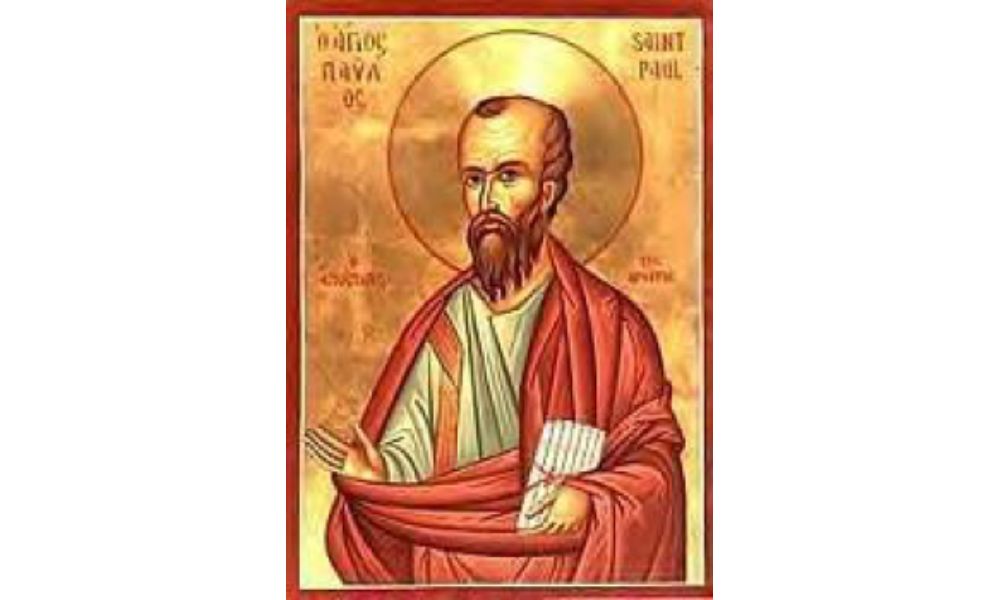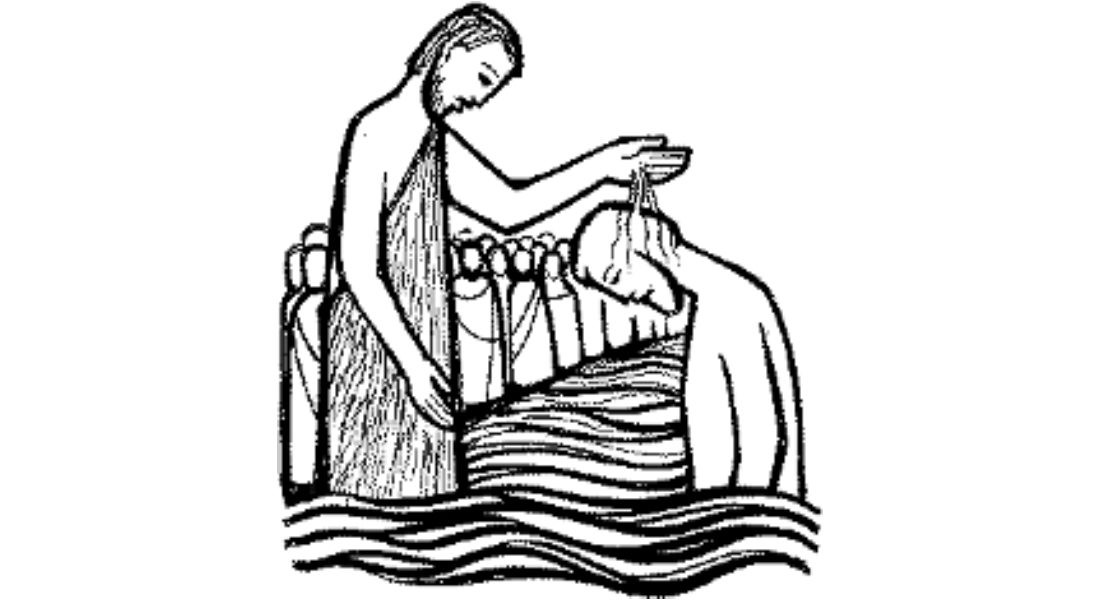This or some other passage of scripture:
If we say that we have no sin, we deceive ourselves, and the truth is not in us: but if we confess our sins, he is faithful and just to forgive us our sins, and to cleanse us from all unrighteousness. 1 St. John 1.8-9
DEARLY beloved brethren, the Scripture moveth us in sundry places to acknowledge and confess our manifold sins and wickedness; and that we should not dissemble nor cloke them before the face of Almighty God our heavenly Father; but confess them with an humble, lowly, penitent, and obedient heart; to the end that we may obtain forgiveness of the same, by his infinite goodness and mercy. And although we ought at all times humbly to acknowledge our sins before God; yet ought we most chiefly so to do, when we assemble and meet together to render thanks for the great benefits that we have received at his hands, to set forth his most worthy praise, to hear his most holy Word, and to ask those things which are requisite and necessary, as well for the body as the soul. Wherefore I pray and beseech you, as many as are here present, to accompany me with a pure heart and humble voice unto the throne of the heavenly grace, saying after me:
A general Confession to be said of the whole Congregation after the Minister.
ALMIGHTY and most merciful Father, We have erred, and strayed from thy ways like lost sheep, We have followed too much the devices and desires of our own hearts, We have offended against thy holy laws, We have left undone those things which we ought to have done, And we have done those things which we ought not to have done, And there is no health in us: But thou, O Lord, have mercy upon us miserable offenders; Spare thou them, O God, which confess their faults, Restore thou them that are penitent, According to thy promises declared unto mankind in Christ Jesu our Lord: And grant, O most merciful Father, for his sake, That we may hereafter live a godly, righteous, and sober life, To the glory of thy holy Name. Amen.
The Absolution or Remission of sins to be pronounced by the Priest alone;
ALMIGHTY God, the Father of our Lord Jesus Christ, who desireth not the death of a sinner, but rather that he may turn from his wickedness, and live; and hath given power, and commandment, to his Ministers, to declare and pronounce to his people, being penitent, the Absolution and Remission of their sins: He pardoneth and absolveth all them that truly repent, and unfeignedly believe his holy Gospel. Wherefore let us beseech him to grant us true repentance, and his Holy Spirit, that those things may please him, which we do at this present; and that the rest of our life hereafter may be pure, and holy; so that at the last we may come to his eternal joy; through Jesus Christ our Lord. Amen.
READ MORE














